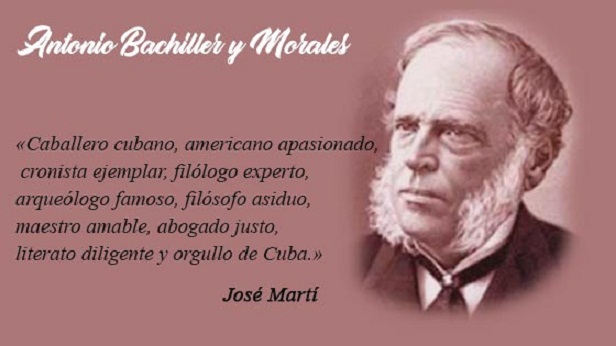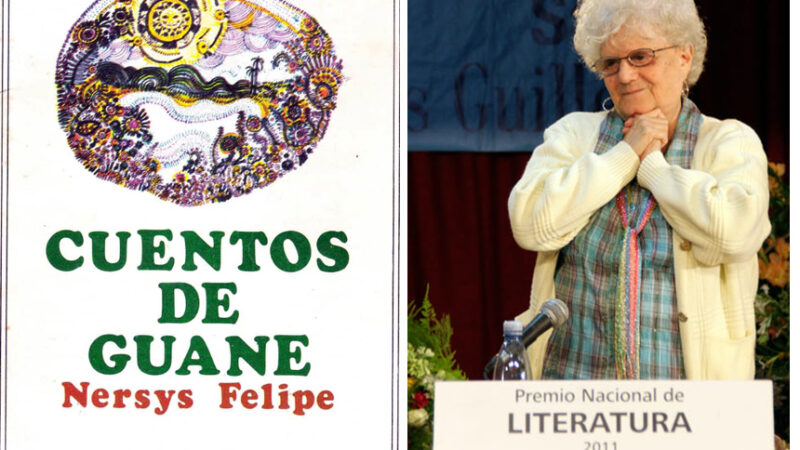The Inseparable Links Between Fidel and Culture

Commander-in-Chief Fidel Castro Ruz (1926-2016), in addition to being a world-class politician and revolutionary, was always a man of culture. If he was convinced that arms were the only way for a sovereign Cuba to fly its flag independently, he was even more convinced that once in power, it was culture and the values forged around a new society that would serve as his shield and sword for its defense.
That is why one of his first projections was to tell the people that the Revolution was not asking them to believe but to read, in that organic dimension of freedom and integrity that human beings feel when, through acquired knowledge, they are capable of comparing, evaluating, rectifying and analyzing any process of daily life, in pursuit of judgments in accordance with the very essence of the facts.
According to the renowned sculptor and 2008 National Prize for Plastic Arts, José Villa Soberón, Fidel was also a great dreamer; one of his main desires being the Schools of Arts in the country, among the most tangible examples for the discovery and promotion of the powerful creative flow in our people.
«(…) The subject of art education is one of the great cultural projects of the Revolution, and one of the great projects that really came to fruition. It possibly exceeded the expectations that the founding generation had at the time of its creation (…).»
The idea, Villa continues, was that the country’s artistic talent could have a way to be trained, on the sacrificial but fascinating road to achieving its aspirations; that is why the great strength of Cuban culture, he says, lies precisely in art education.
In this aspiration, the creator continues, lies Fidel’s sense of equality and equity. “At the very basis of conceiving a country where everyone has the same possibilities and opportunities. That was perhaps the central core of his stimulus: the conception of a system in which there could be no lost talents, even if they existed in the most remote places.’’
And so Cuban culture is full, Soberón emphasizes, of talents that come from unsuspected places. “That’s why I enjoyed it so much when at the Congresses of the Association of Writers and Artists of Cuba (UNEAC), a young Cuban would appear who had stood out not only nationally but also internationally. It was one of the moments that I particularly enjoyed.”
The idea of art education and the understanding of the role of culture in the new society being built by the Revolution was one of the most solid ideas shared by Fidel in 1961, during his memorable Address to Intellectuals at the José Martí National Library.
As Cuba celebrates the 60th anniversary of such a crucial speech, which demonstrates another of the historic leader’s irrefutable ties to culture, established intellectuals such as the Cuban ethnologist and storyteller Miguel Barnet, Honorary President of UNEAC and one of the participants in the dialogues, recalls his extraordinary lucidity, with which he was able to brilliantly articulate a very coherent and convincing speech to that heterogeneous and diverse mass of multiple tendencies.
Nancy Morejón, the winner of the 2001 National Prize for Literature, also valued him with the same magnifying glass, highlighting his incredible capacity for dialogue, both with the coal miners of the Ciénega de Zapata and with the artists and intellectuals, whom he always accompanied in their most complex debates and approaches.
He was undoubtedly the greatest member of the UNEAC, for barely 50 days after his words to the intellectuals at the closing ceremony of the First Congress of Writers and Artists on 22 August 1961, his idea of creating an Association of Creators materialized with a much broader concept, with the concept of an Association.
A fraternal and democratic Association, in the words of the Commander himself, would allow everyone to participate and dream together about how the work of writers and artists could be promoted and how it could be placed at the service of the people.



